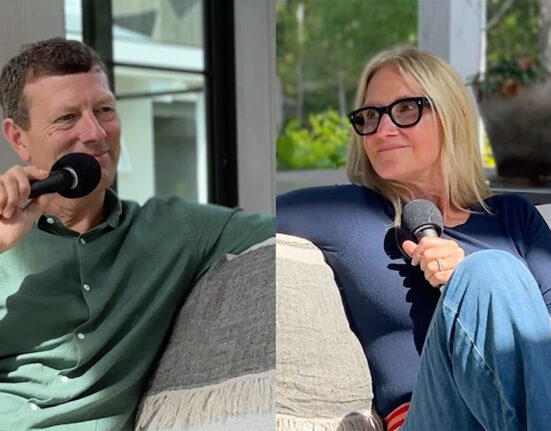Last Updated on April 13, 2021 by Rachel Hall
A couple of weeks ago I polled my twitter followers about sexting. I wanted to know what the people’s opinion was on the matter. I got the following results.
Love Sexting 42.9%
Hate Sexting 14.3%
OK only in a relationship 42.9%
Regardless of your own opinion on the matter, I wanted to remind everyone that there are certain rules that come along with this kind of message exchange:
- When you get such a message from someone, it is meant for your eyes only. It is a bad idea to share this with anyone.
- If you are not in a relationship with the second person or don’t know them that well yet, NSFW pictures should wait for their proper time.
- Gents, please, please, PLEASE! never send unsolicited pictures of your “members area” to random women on Instagram or anywhere else.
- If you decide that you do want to start sexting with someone, take it slow and test the waters first, see if your partner is also into it. Some sexologists recommend slowing this process by a factor of 5 of how fast you initially wanted to take it.
- While the naked body itself might be arousing, it is the dialog and exchange that comes with it that makes sexting hot.
- If you receive consent then go for it, but send just a couple of messages and a single picture first. See how that works out, and do not take things further if you do not get an appropriate reaction.
- Last but not least, keep in mind, that no matter how much you trust your partner, there is a higher than 0% chance that a picture from a sexting session can end up somewhere online. Phones get lost, hacked, couples break up. I recommend cropping it in a way that keeps your identity obvious to your partner but hidden from others.
I will leave you with this final thought – anything can work in a relationship or in the bedroom, as long as both people are equally into it.

Rachel Hall, M.A., completed her education in English at the University of Pennsylvania and received her master’s degree in family therapy from Northern Washington University. She has been actively involved in the treatment of anxiety disorders, depression, OCD, and coping with life changes and traumatic events for both families and individual clients for over a decade. Her areas of expertise include narrative therapy, cognitive behavioral therapy, and therapy for traumatic cases. In addition, Rachel conducts workshops focusing on the psychology of positive thinking and coping skills for both parents and teens. She has also authored numerous articles on the topics of mental health, stress, family dynamics and parenting.








Leave feedback about this